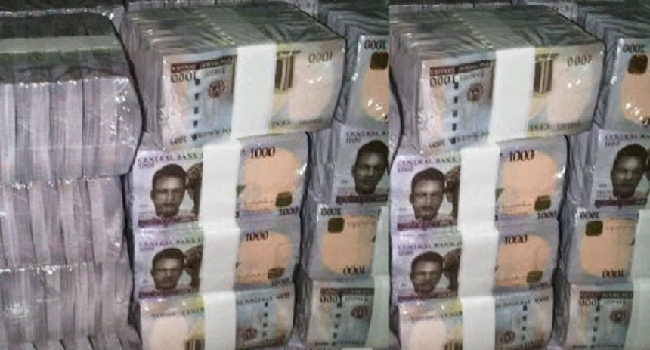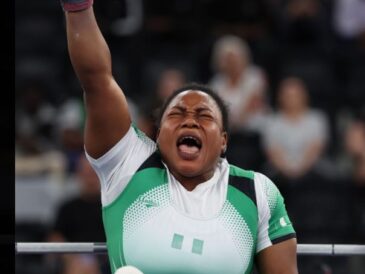*Pix above: Naira currency
Nigeria’s local currency, the Naira has been ranked among the 10 worst-performing currencies in the world.
Bloomberg in a report said out of the 10 worst-performing currencies, five are from Africa, including the Zambian kwacha, the Angolan kwanza and the Naira.
The Naira has faced an all-time low valuation following economic reforms by President Bola Ahmed Tinubu-led administration, and Nigeria’s inflation onlydropped in August, the first time since December 2022, from 34.19% in June to 33.40% in July.
This has weakened the purchasing power of most Nigerians as the recently declining headline inflation rate didn’t affect the core inflation rate which has risen by 0.10%.
As of Saturday morning, according to the Central Bank of Nigeria (CBN) official exchange rate, the Naira is trading against one dollar at N1,603.
According to Bloomberg, while emerging-market currencies have generally benefited from a softer U.S. dollar this quarter, the African currencies are defying the trend due to significant local economic challenges. A lack of dollar liquidity, inflationary pressures as well as volatile commodity prices are among the reasons for the weak performance.
Many African economies, such as Nigeria and Angola, are reliant on oil exports, leaving them exposed when prices drop. But “it’s not just oil prices,” said Keonethebe Bosigo, portfolio manager at Mazi Asset Management. “Poor currency management and imbalances are the real culprits,” Bosigo said.
Bosigo emphasized that the naira’s overvaluation and subsequent loss of confidence were due to the currency not being allowed to adjust.
“Oil prices are a factor, but the real issue is that the Naira wasn’t allowed to adjust, which led to its overvaluation and a subsequent loss of confidence in the currency,” he added.
Irmgard Erasmus, an economist at Oxford Economics, concurred, stating that the naira faces significant pressure despite reforms aimed at liberalizing the current account.
“The Naira remains undervalued relative to its long-term neutral value due to ongoing issues around liquidity and dollar supply,” Erasmus said.
Erasmus attributed the Naira’s struggles to declining Brent crude prices, tightening regulations on the banking sector, and risk aversion.
“The government’s slow pace of reforms, combined with haphazard monetary policies, continues to keep the currency in undervalued territory,” Erasmus noted.
Erasmus also said the Naira should be trading closer to N1,100 per dollar in the absence of distortions, compared to Thursday’s close of N1,544/$.
He, however, said without significant policy changes and improved dollar liquidity, the outlook for the Naira remains fragile.(agency)///





